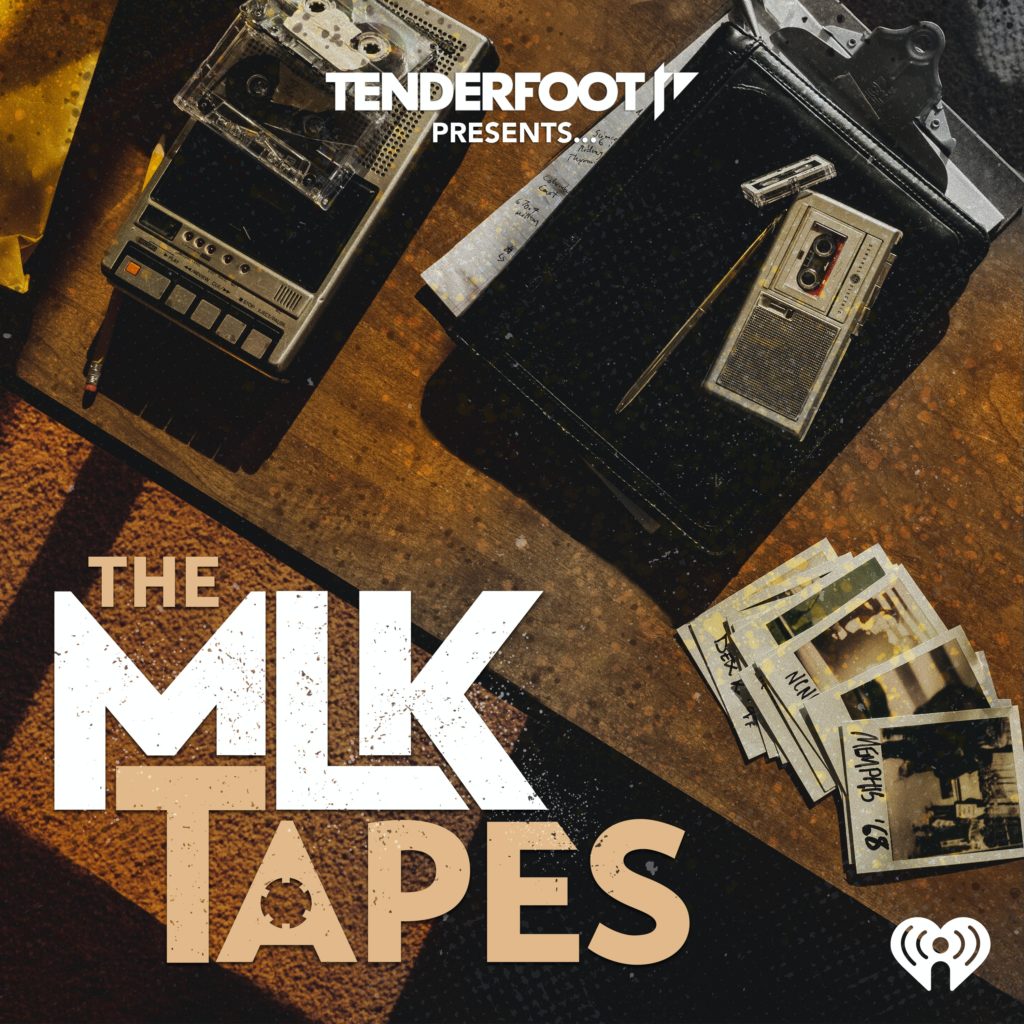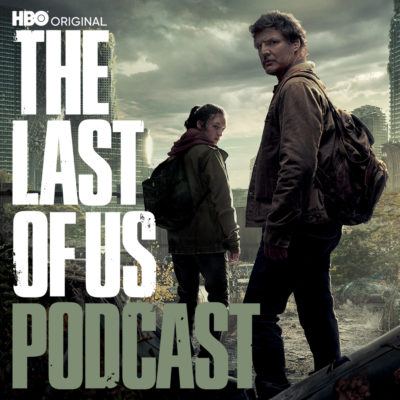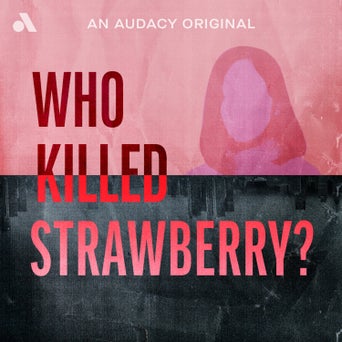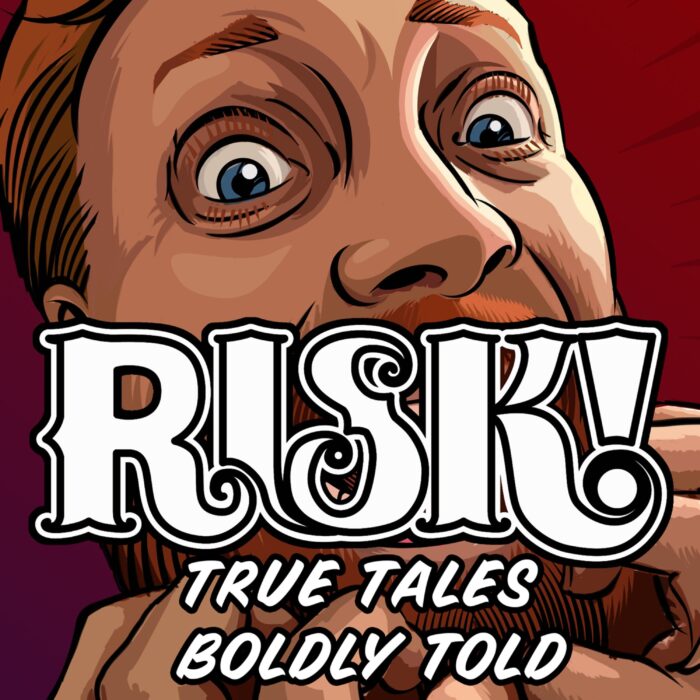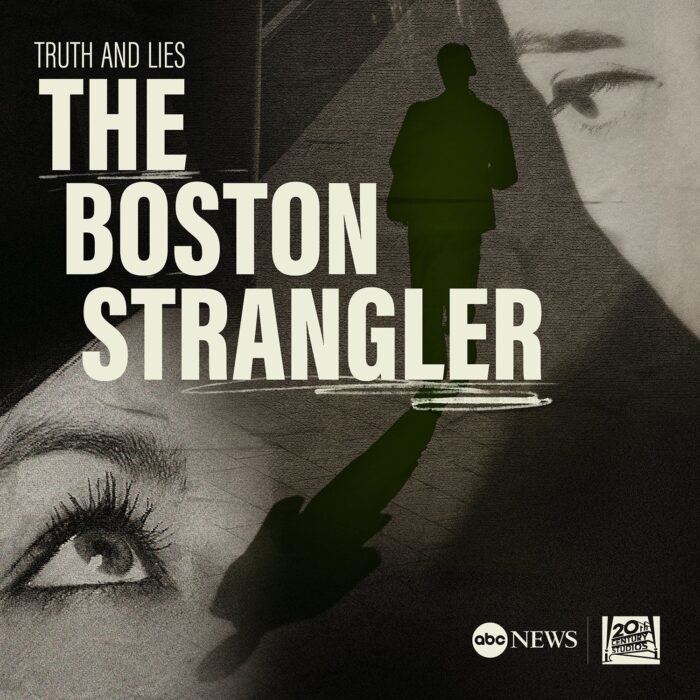‘White Lies’ tells of Rev. Reeb’s unsolved murder in Selma, AL – a case shrouded in lies and the Deep South’s complex legacy
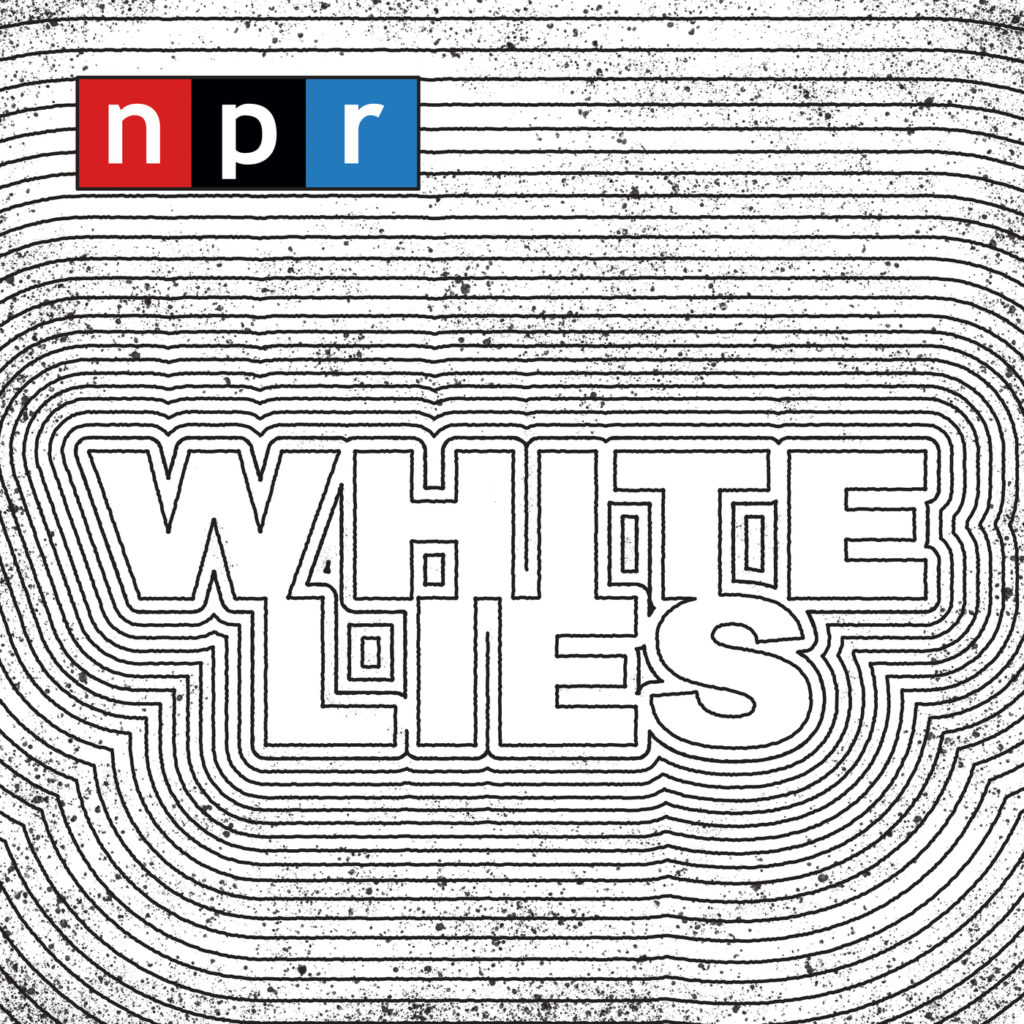
On a warm night in Selma, March 9, 1965, Rev. James Reeb, Rev. Clark Olsen, and Rev. Orloff Miller were eating dinner at an integrated restaurant on Washington Street. White civil rights workers weren’t allowed in white-owned restaurants in Selma. So, the three ate at Walker’s Café, one of the two Black-owned restaurants on the street. The three men, who had come from out of town, did not know that what would happen after they left the restaurant would become a landmark of the civil rights movement and a legacy of Selma’s (and America’s) greatest shames. This is the story in “White Lies.”
“White Lies” is an NPR podcast about the murder of Rev. James Reeb. Over the course of seven episodes, we are taken through the deeply divided history of Selma, Alabama, its part in the American civil rights movement, and the subsequent “cold case” of Reeb’s murder.
Bloody Sunday and Selma’s legacy
To understand why Reeb was murdered, Chip Brantley and Andrew Beck, Alabamians who grew up in the decades just prior to the civil rights era, take us through Selma’s legacy.
Two days before Reeb was attacked by four white men on Washington Street, was Sunday, March 7, later to be called Bloody Sunday. Led by the late United States Representative and civil rights activist John Lewis, a peaceful protest of 600 nonviolent demonstrators walked across the Edmund Pettus Bridge. They were marching for voting rights for Black Americans in Dallas County, planning to take their cause directly to the Alabama Governor on a 54-mile march from Selma to Montgomery.
In response, Governor George Wallace sent state troopers to block them at the base of the bridge. Major John Cloud warned them that they had unlawfully assembled and were to disperse immediately. When Lewis asked to have a word with the Major, Cloud declined, instead sending state troopers marching towards the civilians. What happened afterwards sent shock waves across America.
The nonviolent demonstrators were brutally beaten by state troopers with their billy clubs. Troopers on foot and on horseback beat the marchers that were not fighting back. The voting rights protests came in the wake of the murder of Jimmie Lee Jackson in the nearby town of Marion, AL. Just one month prior, on February 18, 1965, state troopers beat protestors and fatally shot 26-year-old Jackson, an African American demonstrator who was protecting his mother from being beaten by police.
Jackson’s murder did not make national news, but Bloody Sunday did. With photographers and videographers documenting the march, and eventually the police brutality, the entire nation saw what was really happening in Alabama.
Rev. Reeb’s unsolved murder
So, just two days later, when the three reverends left Walker’s Café that night, they unknowingly walked into danger. They walked by a segregated bar, where they were followed by four white men who took a club to Reeb’s head. Once he fell, they began beating and kicking him, also attacking reverends Olsen and Miller. Reeb was beaten the worst, eventually slipping into a coma and dying two days later.
Remember the cold case we mentioned earlier? Yeah, that was this. Elmer Cook, William Stanley Hoggle, Namon O’Neal Hoggle, and R.B. Kelley were indicted for Reeb’s murder, one of them fleeing the state before he could be apprehended, and the three remaining were acquitted by an all-white jury. The case is technically classified as “unsolved.”
While many Americans were outraged by Reeb’s murder and the acquittal of his murderers, with President Lyndon B. Johnson invoking Reeb’s memory when he delivered a draft of the Voting Rights Act to Congress just one month later, white supremacists in Alabama went on the defense. They worked to gaslight the public about Reeb’s murder, saying the minister had thrown a beer bottle at the men before starting the brawl that left him fatally injured. They claimed he suffered only a minor injury and was later killed by civil rights workers who crushed his skull in the darkness.
Selma’s complicated legacy
The hosts of “White Lies,” Brantley and Beck, travel to Selma and speak to real people who were there during this era to expose these lies. They speak with Joanne Bland, a tour guide who gives civil rights tours to out-of-towners. She was just 11 years old on Bloody Sunday, standing on the Edmund Pettus Bridge when state troopers charged the marchers.
As white Alabamians, Brantley and Beck understand the touchiness of this Southern legacy to some fellow white Alabamians. They know that, from grade school, children in the Deep South are taught a distinctly different American history. They grow up surrounded by Confederate memorials and monuments, dedicated to soldiers who died and generals who ended up as top leaders of the Ku Klux Klan post-war. It is truly a touchy subject for some and a frustrating, painful subject for others.
One of their most poignant points comes at the start of “White Lies.” They note that two distinct realms of the past exist in Selma: the Civil War and the Civil Rights Movement. In fact, they say, Selma’s slogan used to be “From Civil War to Civil Rights,” but in recent years, the city has tacked on “and Beyond.” But, in Selma, it’s hard to get beyond these two histories.
“White Lies” is one of those podcasts that just bolsters NPR’s journalistic prowess. It confronts racism of the past and present and tells a fascinating yet infuriating story of the civil rights movement. They speak about the conspiracy theories surrounding Reeb’s murder and about whether or not the movement needed a white martyr. The two speak with a witness who says she saw Reeb’s murder and with descendants of Reeb and of one of his attackers. Be sure to listen to “White Lies” for this immensely interesting and deeply significant story.

